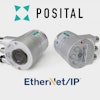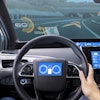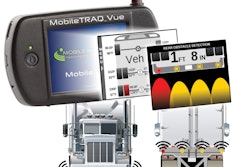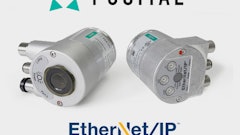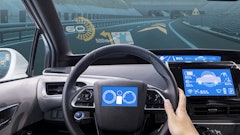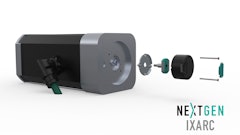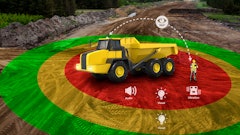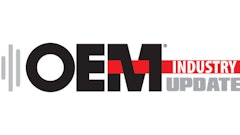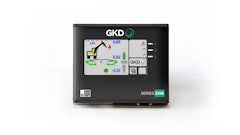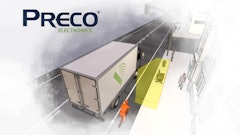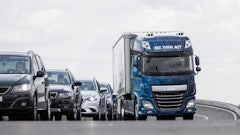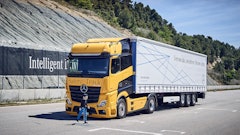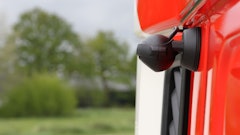The title is intentionally a big confusing. What is the difference between data and Big Data? Why are people concerned with ownership and public accessibility to some data, but not other, and where is that line drawn?
Consider this: Your insurance company can now get all of your driving stats directly from your car. They know how fast you were going, in what location and at what time; how often you have to slam on your brakes indicating inattentive driving habits; whether a street light was red when you passed through it; whether you are taking your car in for regular tune-ups and oil changes. And now your insurance rate is based on true, hard data.
Or, what if law enforcement had access to that same data and could issue speeding tickets based on your speed and location without having to pull you over.
There is a fairness benefit to that type of system. You are no longer considered "unlucky" to be the one car out of hundreds caught speeding that afternoon on your drive home. You can prove that you were not at fault for the accident that occurred when that other guy ran the red light.
But, how far is too far to be considered an invasion of privacy? Does equal treatment of all drivers based on impersonal data trump people's right to privacy for how they choose to drive their own vehicle that they purchased with their hard-earned money?
What is that tipping point?
The conversation of data privacy and ownership is a hot topic right now, as people start getting used to the influx of information readily accessible to them—and to others.
Scenario One: You are a farmer and you purchase a piece of farming equipment from Manufacturer A. Who owns the information collected off of that machine? Most say, the farmer, the owner of the machine. It is no longer the property of Manufacturer A after the sale.
However, when it comes to maintenance of the machine, data can be integral to diagnosing problems and reducing down time. Data makes it easier for information to be pulled from the machine to determine what needs to be repaired, and can alert dealers when something fails on a machine while working in the field so they can assist with the repairs or ensure they have the part in stock.
The farmer may not be concerned with the privacy of machine performance data, but he may be quite concerned with agronomic data being made public, which is a distinction between where regular engineering data stops and Big Data begins.
Scenario Two: Farmer A and Farmer B are vying for the same plot of land to rent. Should the land owner be able to look at each farmer’s production data to see who would likely get the greatest crop output and provide the most product?
Most say no. If you make that data public, you take away the farmer’s competitive edge—his secrets passed down for generations as to how he runs his business.
The same goes for construction job bids. The way one contractor gets a job done faster or better than another guy is a competitive advantage and proprietary information that could be found in their data set.
A select few may say that when you make data public, you remove the likelihood of choosing the less productive farmer or construction contractor and ensure the most utility possible is being gained from a farmer’s land or a construction project.
But it really isn’t that simple; and neither is the idea of Big Data. The concept is still being defined and its benefits still being evaluated in every off-road industry. In the cover story on page 12, we look at how it’s currently being implemented in the construction, mining and agricultural industries.
What does Big Data mean to you, and the industry you work in? What challenges do you foresee with Big Data? Email your thoughts to [email protected].

